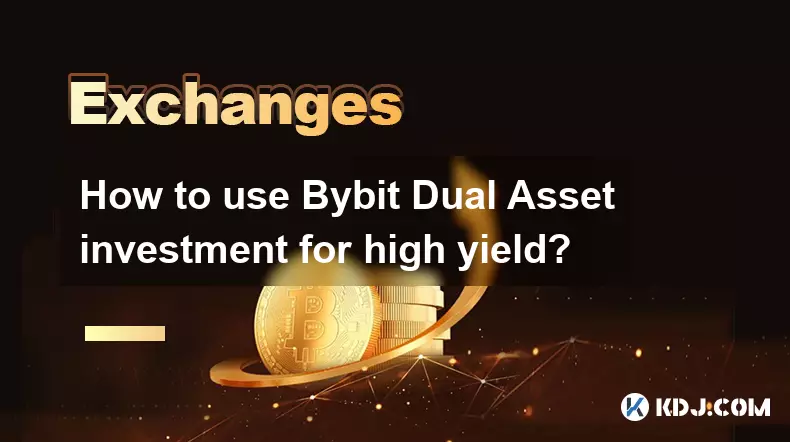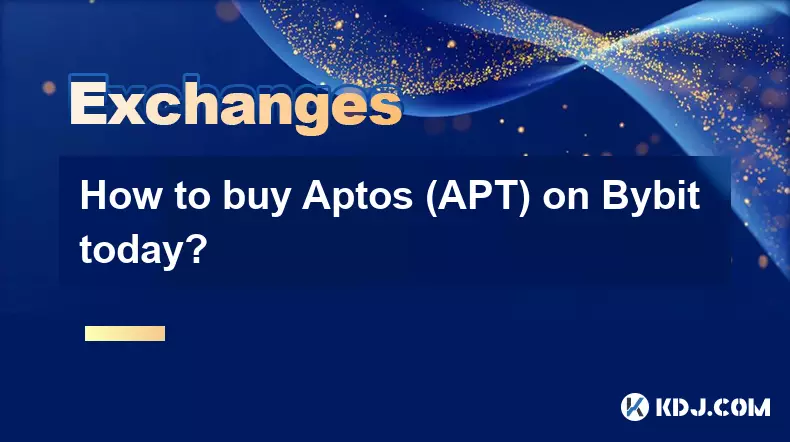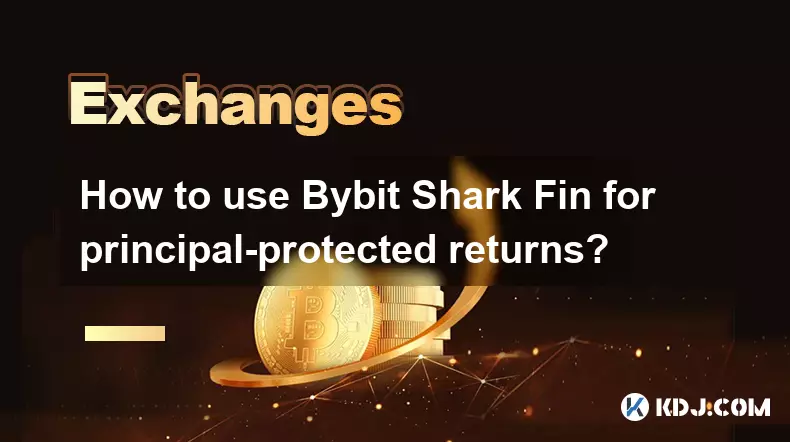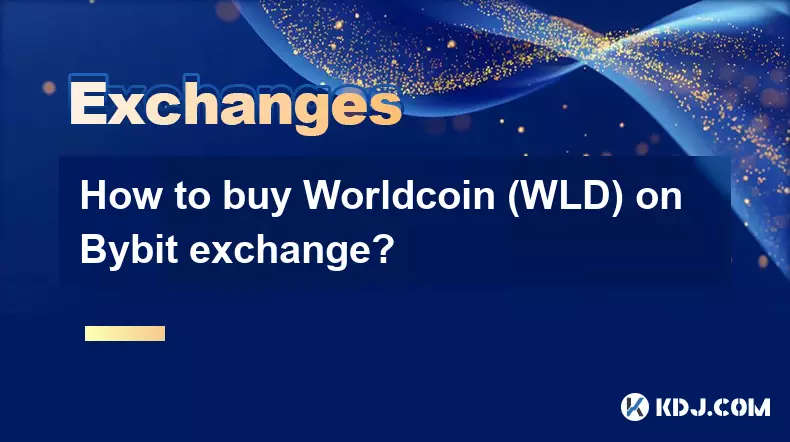-
 bitcoin
bitcoin $87959.907984 USD
1.34% -
 ethereum
ethereum $2920.497338 USD
3.04% -
 tether
tether $0.999775 USD
0.00% -
 xrp
xrp $2.237324 USD
8.12% -
 bnb
bnb $860.243768 USD
0.90% -
 solana
solana $138.089498 USD
5.43% -
 usd-coin
usd-coin $0.999807 USD
0.01% -
 tron
tron $0.272801 USD
-1.53% -
 dogecoin
dogecoin $0.150904 USD
2.96% -
 cardano
cardano $0.421635 USD
1.97% -
 hyperliquid
hyperliquid $32.152445 USD
2.23% -
 bitcoin-cash
bitcoin-cash $533.301069 USD
-1.94% -
 chainlink
chainlink $12.953417 USD
2.68% -
 unus-sed-leo
unus-sed-leo $9.535951 USD
0.73% -
 zcash
zcash $521.483386 USD
-2.87%
How do stop orders work on Bitstamp?
Stop orders on Bitstamp help traders manage risk by automatically buying or selling at set prices, crucial in volatile markets.
Apr 24, 2025 at 08:15 am

Stop orders on Bitstamp are an essential tool for traders looking to manage risk and execute trades at predetermined price levels. Understanding how these orders work can significantly enhance your trading strategy on the platform. Stop orders are designed to help you buy or sell an asset once it reaches a specific price, known as the stop price. This type of order is particularly useful in volatile markets, where prices can fluctuate rapidly.
What is a Stop Order?
A stop order is an order to buy or sell a cryptocurrency once it reaches a specified price, known as the stop price. When the stop price is reached, the stop order becomes a market order and is executed at the next available price. This can help traders limit losses or lock in profits by automatically entering or exiting a position when the market moves in a certain direction.
Types of Stop Orders on Bitstamp
Bitstamp offers two main types of stop orders: stop-loss orders and take-profit orders.
- Stop-Loss Orders: These are designed to limit an investor's loss on a position. For example, if you own Bitcoin and its price starts to fall, a stop-loss order can help you sell your Bitcoin at a predetermined lower price to minimize your losses.
- Take-Profit Orders: These are used to lock in profits. If you are holding a cryptocurrency and its price rises, a take-profit order can help you sell at a predetermined higher price to secure your gains.
How to Place a Stop Order on Bitstamp
Placing a stop order on Bitstamp is straightforward. Here are the steps you need to follow:
- Log into your Bitstamp account and navigate to the trading page for the cryptocurrency pair you are interested in.
- Select the order type. Choose 'Stop' from the order type dropdown menu.
- Choose the direction. Decide whether you want to place a buy or sell stop order.
- Set the stop price. Enter the price at which you want the stop order to be triggered.
- Specify the amount. Input the amount of cryptocurrency you wish to buy or sell.
- Review and confirm. Double-check all the details of your order and submit it.
Once your stop order is placed, it will remain active until it is triggered or you cancel it.
Execution of Stop Orders
When the market price reaches your specified stop price, your stop order is converted into a market order. This means it will be executed at the next available price, which may not always be the same as your stop price, especially in highly volatile markets. It's important to understand that slippage can occur, where the execution price differs from the stop price due to rapid price movements.
Managing Stop Orders
Once you have placed a stop order, you can manage it through your Bitstamp account. You can:
- View your active orders on the trading page to see the status of your stop orders.
- Modify your stop orders if you need to change the stop price or the amount of cryptocurrency involved.
- Cancel your stop orders at any time before they are triggered.
It's crucial to monitor your stop orders and adjust them according to market conditions and your trading strategy.
Considerations and Risks
While stop orders can be a powerful tool, they come with certain risks and considerations.
- Market Gaps: In highly volatile markets, the price can gap past your stop price, leading to execution at a significantly different price.
- Liquidity: If there is low liquidity at the time your stop order is triggered, you may experience slippage.
- False Breakouts: Sometimes, the price may briefly touch your stop price and then reverse, triggering your order unnecessarily.
Understanding these risks can help you use stop orders more effectively and manage your trading strategy on Bitstamp.
Frequently Asked Questions
Q: Can I place a stop order outside of trading hours on Bitstamp?A: Stop orders on Bitstamp are active during trading hours. If the market reaches your stop price outside of trading hours, the order will be executed as soon as the market opens.
Q: What happens if my stop order is not filled?A: If the market does not reach your stop price, your stop order will remain active until it is either triggered or you cancel it.
Q: Can I use stop orders for all cryptocurrencies on Bitstamp?A: Stop orders are available for most cryptocurrencies traded on Bitstamp. However, it's always a good idea to check the specific trading pairs to ensure stop orders are supported.
Q: How can I avoid slippage when using stop orders?A: While it's impossible to completely avoid slippage, you can minimize its impact by setting your stop price at a level that allows for some flexibility and by trading in more liquid markets.
Disclaimer:info@kdj.com
The information provided is not trading advice. kdj.com does not assume any responsibility for any investments made based on the information provided in this article. Cryptocurrencies are highly volatile and it is highly recommended that you invest with caution after thorough research!
If you believe that the content used on this website infringes your copyright, please contact us immediately (info@kdj.com) and we will delete it promptly.
- Royal Mint 50p Coin: Rare Listing for Peter Rabbit Sparks Collecting Frenzy (and Caution)
- 2026-02-08 22:30:02
- Markets at a 2026 Turning Point: Navigating Volatility and Shifting Narratives
- 2026-02-08 22:15:01
- Bitcoin's Big Dip: Navigating the Crypto Market's Latest Volatility Wave
- 2026-02-08 22:10:02
- RWA Yacht Charter Hits the High Seas: Investing Yachts Docks Innovation with Tokenized Luxury
- 2026-02-08 22:20:02
- Bitcoin Mining Difficulty Plummets 11% in Largest Drop Since China Ban, Fueled by Price Slump and U.S. Storms
- 2026-02-08 22:00:01
- Heads Up, History Buffs! Super Bowl Coin Toss Flips a Franklin-Fueled Libertas Americana, Merging Gridiron Glory with Colonial Cool
- 2026-02-08 22:00:01
Related knowledge

How to contact Bybit customer support for urgent help?
Feb 05,2026 at 11:40pm
Accessing Bybit Support via Live Chat1. Log in to your Bybit account using the official website or mobile application. 2. Navigate to the Help Center ...

How to use Bybit Dual Asset investment for high yield?
Feb 06,2026 at 12:20am
Understanding Bybit Dual Asset Investment Mechanics1. Dual Asset Investment is a structured product offered by Bybit that combines a stablecoin deposi...

How to buy Aptos (APT) on Bybit today?
Feb 06,2026 at 07:40am
Creating a Bybit Account1. Navigate to the official Bybit website and click the “Sign Up” button located at the top right corner of the homepage. Ente...

How to use Bybit Shark Fin for principal-protected returns?
Feb 06,2026 at 03:40pm
Understanding Shark Fin Structure1. Shark Fin products on Bybit are structured derivatives designed to offer capital protection while enabling exposur...

How to buy Worldcoin (WLD) on Bybit exchange?
Feb 05,2026 at 04:39pm
Account Registration and Verification1. Navigate to the official Bybit website and click the 'Sign Up' button located in the top-right corner. 2. Ente...

How to buy Arbitrum (ARB) on Bybit using Google Pay?
Feb 08,2026 at 02:20am
Accessing Bybit Account and Navigating to Arbitrum Purchase Interface1. Open the Bybit mobile application or visit the official Bybit website using a ...

How to contact Bybit customer support for urgent help?
Feb 05,2026 at 11:40pm
Accessing Bybit Support via Live Chat1. Log in to your Bybit account using the official website or mobile application. 2. Navigate to the Help Center ...

How to use Bybit Dual Asset investment for high yield?
Feb 06,2026 at 12:20am
Understanding Bybit Dual Asset Investment Mechanics1. Dual Asset Investment is a structured product offered by Bybit that combines a stablecoin deposi...

How to buy Aptos (APT) on Bybit today?
Feb 06,2026 at 07:40am
Creating a Bybit Account1. Navigate to the official Bybit website and click the “Sign Up” button located at the top right corner of the homepage. Ente...

How to use Bybit Shark Fin for principal-protected returns?
Feb 06,2026 at 03:40pm
Understanding Shark Fin Structure1. Shark Fin products on Bybit are structured derivatives designed to offer capital protection while enabling exposur...

How to buy Worldcoin (WLD) on Bybit exchange?
Feb 05,2026 at 04:39pm
Account Registration and Verification1. Navigate to the official Bybit website and click the 'Sign Up' button located in the top-right corner. 2. Ente...

How to buy Arbitrum (ARB) on Bybit using Google Pay?
Feb 08,2026 at 02:20am
Accessing Bybit Account and Navigating to Arbitrum Purchase Interface1. Open the Bybit mobile application or visit the official Bybit website using a ...
See all articles










































































